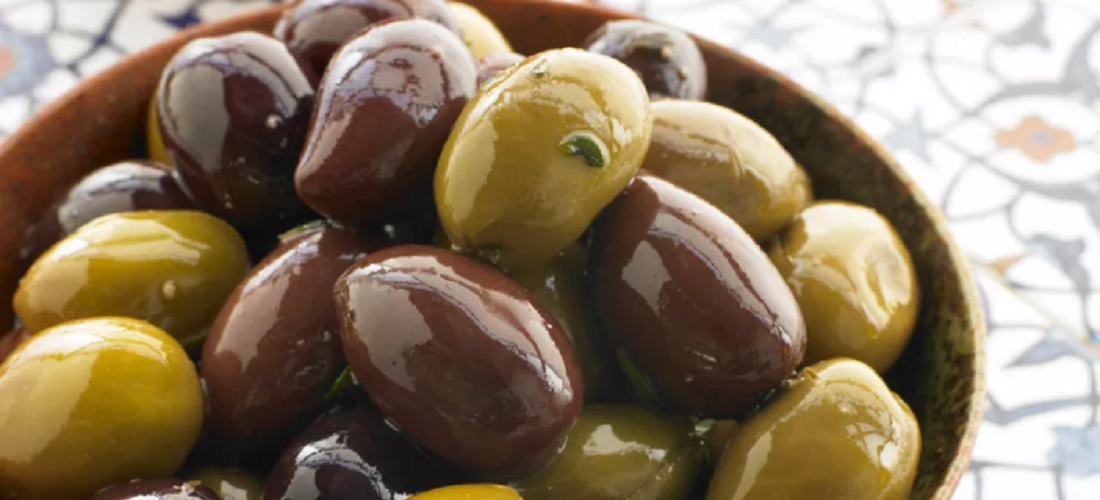
SALES FROM EGYPT TO BRAZIL GROW 74% AFTER AGREEMENT WITH MERCOSUR
Sep, 09, 2020 Posted by Ruth HollardWeek 202037
A survey carried out by the National Confederation of Industry (CNI) points out that since the free trade agreement between Egypt and Mercosur came into force in September 2017, exports from Egypt to Brazil have grown by 73.9%. Brazilian exports to Egypt, in turn, have increased by 21.1% during the period.
Since the beginning of the agreement, more than 2,000 products have had their tariffs eliminated during trade between Mercosur countries and Egypt. As of this September, 463 Egyptian products will have zero tariffs for entry into Mercosur, and entry fees will be eliminated for 719 products from Mercosur entering the Egyptian market.
According to CNI, as a result of the agreement, Brazil began selling more items to Egypt such as glycerol, bricks, slabs, tiles, other ceramic pieces for construction, and petroleum oils or bituminous minerals. The Egyptians exported more products to Brazil, such as plants and their parts, seeds, and fruits, prepared or frozen olives, paraffin, and cement.
In September, the Mercosur countries were exempted from tariffs on products such as inorganic chemical compounds, organic chemicals, paper and cardboard, pharmaceuticals, plastics and their derivatives and fuels, and mineral oils and their distillates. The Egyptians will pay zero tariffs for plants, roots and tubers, fuels, mineral oils and their derivatives, grains, seeds and fruits, salt, sulfur, soil and stones, plaster, lime, cement, and rubber.
Source: Anba
-
Grains
Mar, 16, 2022
0
Argentina studies curbing wheat and corn exports
-
Sugar and Ethanol
Sep, 04, 2023
0
Brazil expected to achieve 50% of global sugar exports
-
Ports and Terminals
Jul, 20, 2023
0
Port of Santos secures largest share of car exports in Brazil
-
Ports and Terminals
Aug, 11, 2020
0
Paraná Ports colaborate with Fundación Valenciaport to build a ‘smart port’



